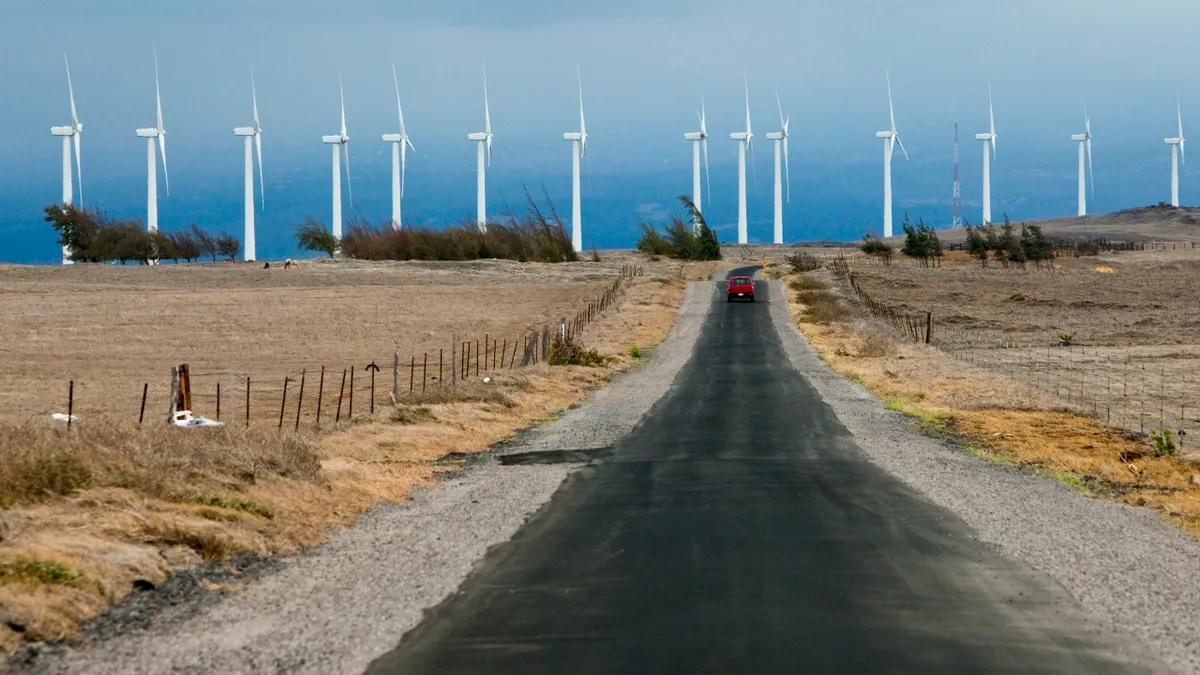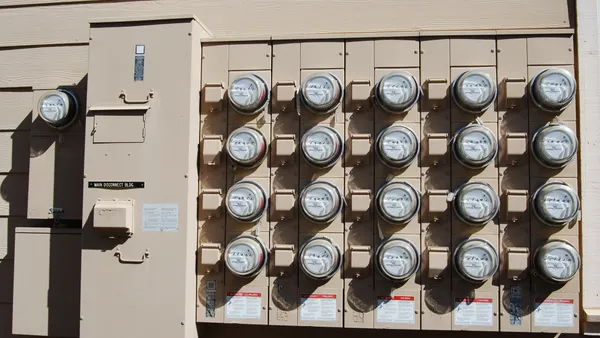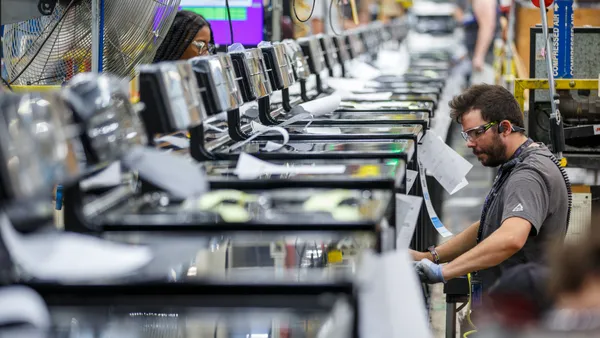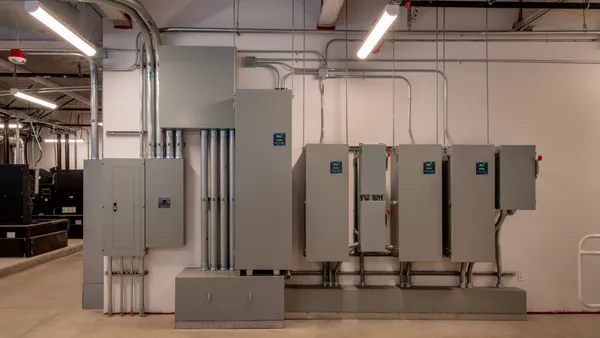Dive Brief:
- Hawaii's $150 million Green Energy Market Securitization program, supported by ratepayers, has struggled to get off the ground, according to Associated Press, with 99% of the funds remaining and officials looking for ways to make the application process simpler.
- The program, offering uncollateralized loans for renewable and storage installations, was launched last summer but so far has only completed 11 solar systems.
- A filing with the Public Utilities Commission shows ratepayers will have shelled out some $27.9 million for the program by the end of the year.
Dive Insight:
Hawaii's GEMS program initially anticipated dispersing all of the ratepayer-backed funds by November, but the The AP reports virtually all of the funds remain untapped.
"GEMS is a complex program that is among the first of its kind in the nation," Tara Young, executive director of Hawaii Green Infrastructure Authority, told the news outlet. "It is not unreasonable to expect that the implementation of the program would encounter some early obstacles."
Young said a new online application system would streamline the process, and applicants will no longer need to mail or fax documents to the program's underwriter. She also said that "the biggest roadblocks have been changes in the macroeconomic and policy environment — most notably the end of net metering — that affect the attractiveness of existing GEMS programs."
GEMS solar systems that generate excess power receive about 8 cents/KWh than they did previously.
The GEMS program is similar to Property Assessed Clean Energy programs that allow homeowners to pay off distributed generation and efficiency upgrades through their mortgages.
But the state's decision last year to end its retail rate net metering program has led to a contraction in the solar industry, while installers appear to be working through a backlog of approved solar projects. The state capped its net metering program to keep the island state's grid stable and put in place two other payback systems. Last month, a coalition of solar companies warned that Hawaiian Electric could be close to hitting some caps this month.















